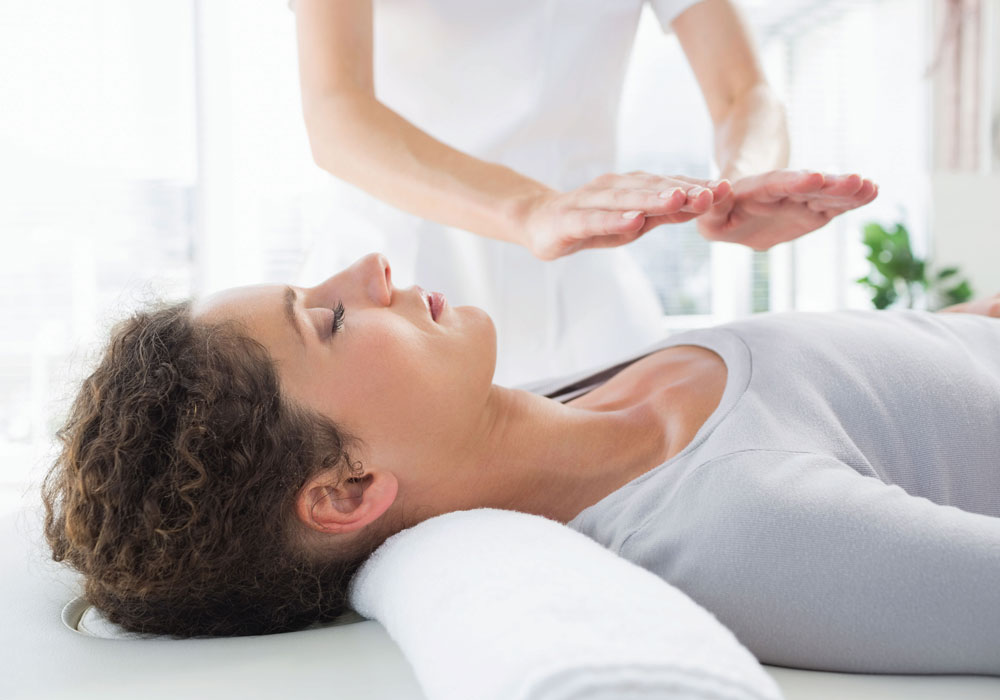By Eugenie Spiguel, MSN, ANP-BC, and Jun J. Mao, MD, MSCE
The COVID-19 coronavirus is causing dramatic increases in anxiety and stress around the world, disrupting daily life. Healthcare professionals, including oncology nurses, are confronting enormous challenges as they struggle to deliver optimal patient care.
In addition to managing occupational stress-associated depression, compassion fatigue, and burnout, oncology nurses are overwhelmed by the sudden, unprecedented surge in workload or new staffing assignments. Compounding factors are the growing frustration over the inability to provide needed care to patients, fear of health consequences from the acute shortages in personal protective equipment (PPE), and caring for their own families. All of these issues can severely deplete nurses’ psychological reserve, but a self-care routine can help nurses manage stress and anxiety so they can continue to be effective in their roles as caregivers.
What the Evidence Says
Meditation, exercise, and tai chi are gentle, nonpharmacologic, mind-body options that share common goals of stress reduction, physical relaxation, psychological well-being, and improved vitality and coping. Research shows that they alleviate stress and anxiety in oncology and nononcology populations. Preliminary data support the therapies’ effect in improving psychological outcomes in physicians and healthcare providers.
How to Practice
MSK Cancer Center’s integrative medicine service has free video and audio recordings that guide participants through meditation, exercise, and tai chi practices. In addition, whole-body, relaxation practices such as yoga nidra, help promote restful sleep. Oncology nurses on the front lines can use them to pause briefly throughout the day to relax, and practice mindfulness to help curb stress and anxiety.
- Meditation practices are effective in alleviating anxiety and depression for improving vitality and coping as well as overall well-being. This video series offers guided meditation practices to help relieve anxiety and stress and to promote sleep.
- Exercise can improve mood and physical functioning and boost the immune system. These videos showcase an exercise overview as well as a series of simple exercises broken down into areas of focus such as breathing, core strengthening, and aerobics. The gentle routines can even be shared with your patients.
- Tai chi helps reduce stress, improve sleep, and enhance balance, muscle strength, flexibility, stamina, and mental outlook. This video series guides you through a tai chi practice.
As oncology nurses on the front lines of patient care during this difficult time, don’t forget to pause and tend to your mind and body. Get more information about emotional coping strategies for nurses and psychosocial support for patients during COVID-19, as well as general nursing self-care strategies, on ONS Voice.






